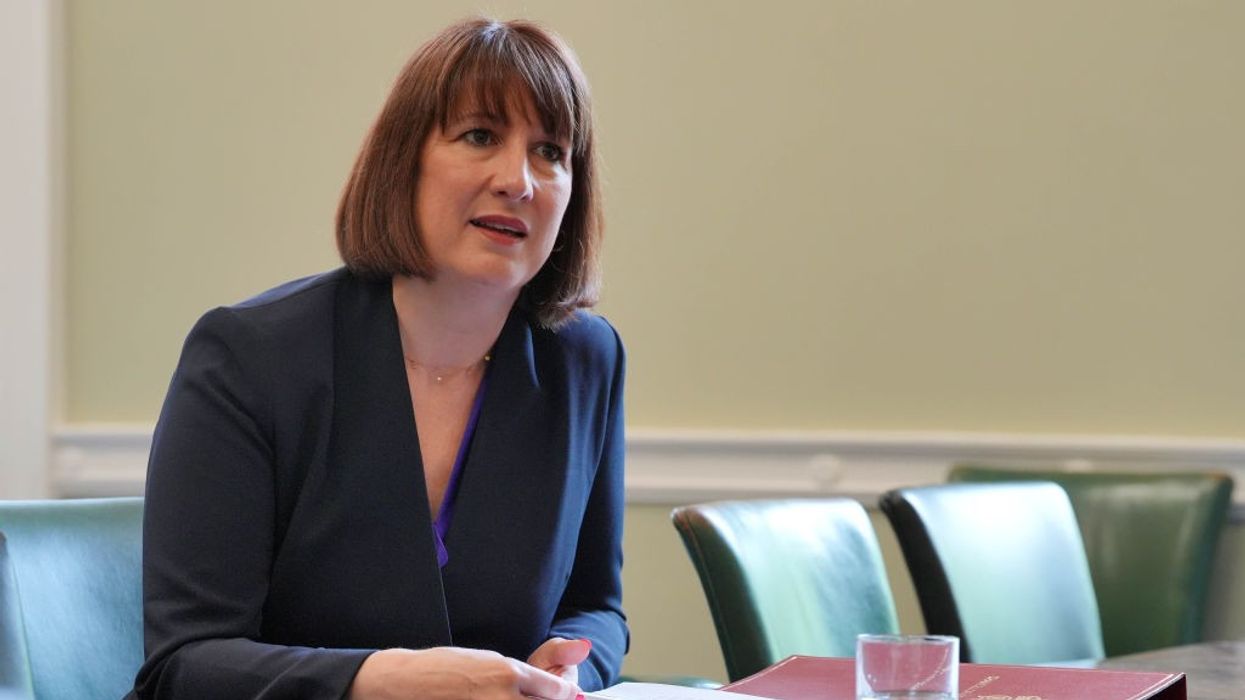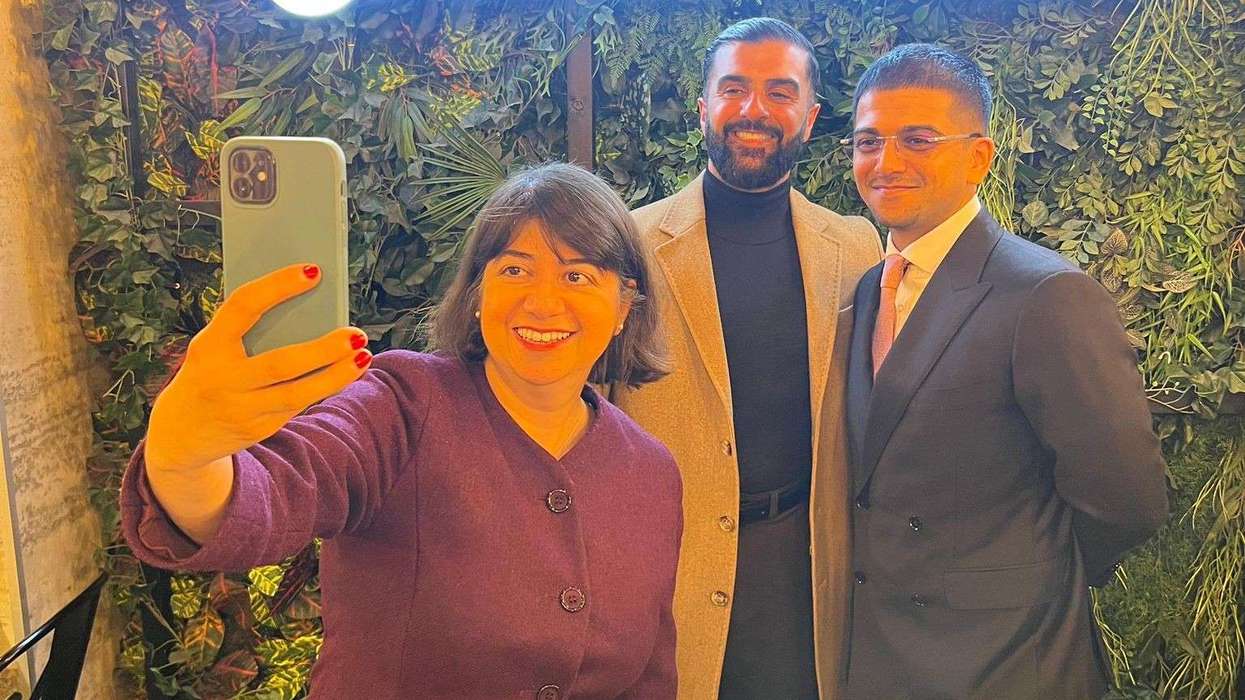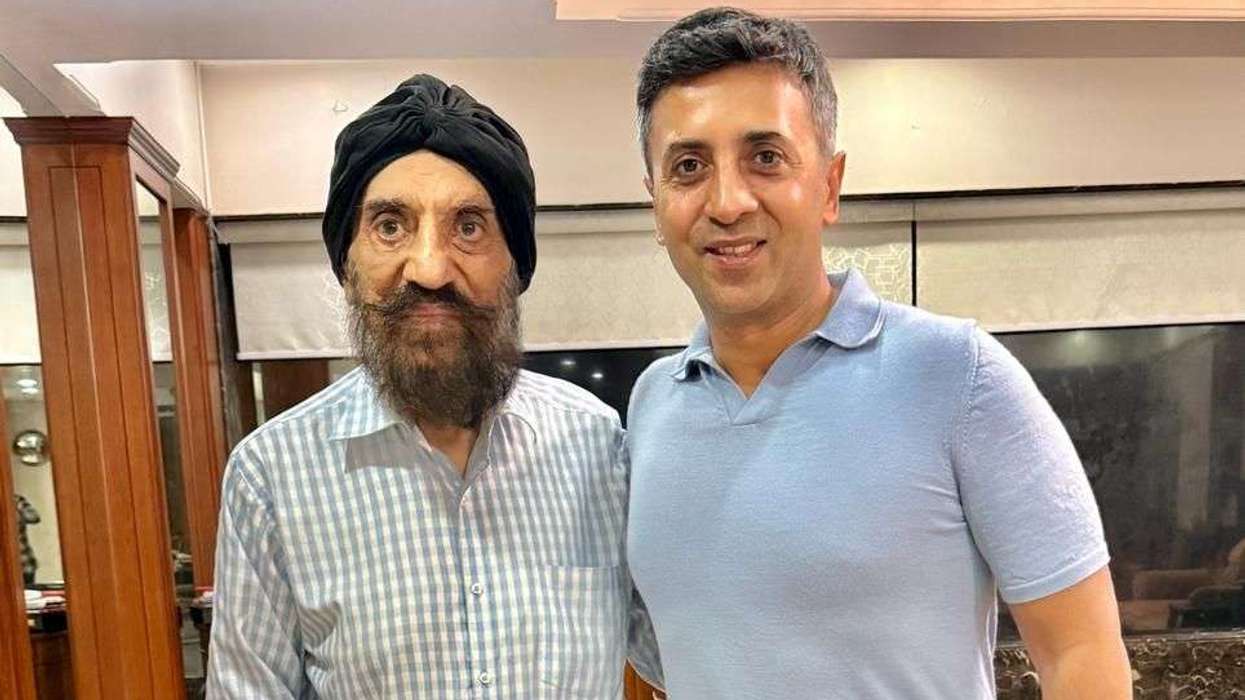CHANCELLOR Rachel Reeves said on Thursday she is considering changes to business property taxes to support small firms looking to expand, as part of her plans to boost growth.
Reeves’ comments come ahead of her annual budget on November 26, at a time when concerns about possible tax rises and inflation are weighing on businesses and households.
Economists expect Reeves will have to raise tens of billions of pounds in additional revenue, citing higher borrowing costs, weaker growth prospects and parliament’s rejection of welfare cuts.
"Our economy isn't broken, but it does feel stuck," Reeves said, speaking alongside the release of a finance ministry report on business property taxation, known as rates.
The report suggested reducing sudden tax increases for small businesses when they expand.
"Tax reforms such as tackling cliff-edges in business rates and making reliefs fairer are vital to driving growth," Reeves said in a statement.
Other options under review include changes to how the tax is calculated and additional reliefs when a property’s value rises after improvements. Further details will be set out in the budget, the ministry said.
Helen Dickinson, chief executive of the British Retail Consortium, welcomed the proposals but said the government should provide clarity on a promised reduction in rates for retail, hospitality and leisure businesses.
"Until we get clarity on these changes, which isn’t expected until the budget, many local investments in jobs and stores are being held back," she said.
(With inputs from agencies)





